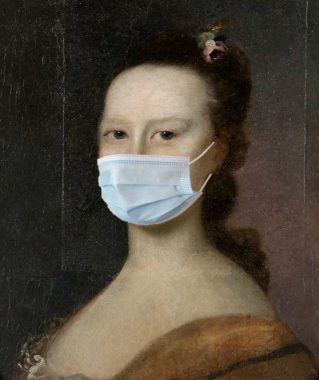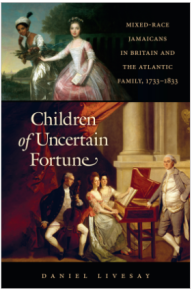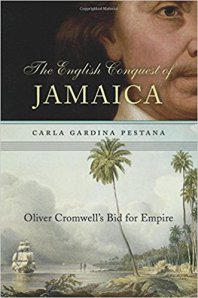A special edition of #ColonialCouture, a Junto roundtable on fashion as history in early American life.
Protective face coverings have emerged as a potent, multifaceted metaphor for the Covid-19 pandemic. Despite inconsistent examples set by elected leaders and conflicting recommendations made by public health officials, unisex masks have steadily assumed a greater role in social distancing measures and become mandatory in certain settings outside the home. Options range from standard blue and white surgical masks to creative DIY improvisations and “Corona Couture.” Some museums are looking to add homemade masks to their collections as a way to document the crisis. Worn for slightly different reasons and more implicitly gendered, the masks owned by early American women and even children were no less symbolic in terms of practical use, commodification, or controversy.



 To accompany the review by Casey Schmitt that was
To accompany the review by Casey Schmitt that was 


 Abigail Swingen is an Assistant Professor of History at Texas Tech University (Lubbock, TX). She received her Ph.D. in History from the University of Chicago. She specializes in the Early Modern British Atlantic Political Economy. Competing Visions of Empire is her first book and was reviewed here yesterday. The following is part of our (relatively) new tradition of reviewing a book and then offering a Q & A with the author the following day. [NB: You can find my review from yesterday
Abigail Swingen is an Assistant Professor of History at Texas Tech University (Lubbock, TX). She received her Ph.D. in History from the University of Chicago. She specializes in the Early Modern British Atlantic Political Economy. Competing Visions of Empire is her first book and was reviewed here yesterday. The following is part of our (relatively) new tradition of reviewing a book and then offering a Q & A with the author the following day. [NB: You can find my review from yesterday